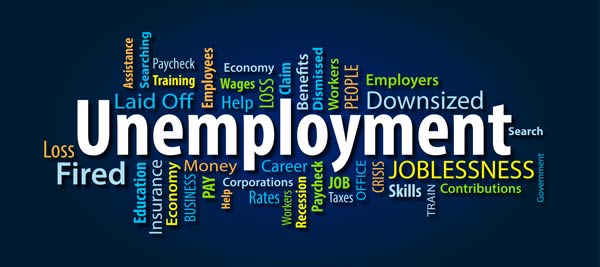 Do You Understand Seasonal Hiring and Unemployment Compensation?
Do You Understand Seasonal Hiring and Unemployment Compensation?
Let’s pretend it’s the end of summer, and your agency’s lifeguards are heading back to high school and college. When they end their employment with your agency, have you terminated or discharged them? Does it matter? It certainly does in terms of paying unemployment compensation.
PDRMA offers Property/Casualty Program members the services of a specialty consultant — Unemployment Consultants, Inc. (UCI) — to guide them through unemployment claims and issues, and it’s an area of coverage that’s closely tied to seasonal hirings.
“We handle all issues regarding unemployment except paying the unemployment bill,” explains Carol Gabrielsen of UCI. “From getting the initial claim from the Illinois Department of Employment Security (IDES) to filing protests or appeals and working with agency personnel before hearings, we act as the go-between with IDES and represent the agency at unemployment hearings.”
 In that role, Gabrielsen notes that documentation is extremely important, and training PDRMA members about unemployment law and required wording of incidents is critical, especially if your agency terminates an employee. “Agencies need to include specific details about the incident that caused the termination,” she explains. “We need dates, rules violated and what the final incident was that caused the termination.” In that role, Gabrielsen notes that documentation is extremely important, and training PDRMA members about unemployment law and required wording of incidents is critical, especially if your agency terminates an employee. “Agencies need to include specific details about the incident that caused the termination,” she explains. “We need dates, rules violated and what the final incident was that caused the termination.”
But when it comes to seasonal workers, they are not terminated. “You either discharge a seasonal worker for a violation of policy, do a Voluntary Quit, or lay them off,” Gabrielsen says. “All seasonal employees — summer or winter — are eligible for unemployment benefits, unless they don’t have qualifying wages in the base period, do a Voluntary Quit from an ongoing job, or have limits on their availability for work.”
Avoid an early end to seasonal employees’ positions by moving them to other areas for work hours when their initial job ends. “That way, when they need to return to school, they can complete a voluntary resignation form and won’t collect unemployment benefits,” she adds. “However, you’ll need to lay off those you hire who don’t return to school, and they will collect unemployment benefits.”
When it comes to summer seasonal employees, Gabrielsen says the most common mistakes occur during the hiring process. “When you’re interviewing, ask applicants why they want a summer job and not a full-time one,” she urges. “And ask them what they plan to do when the summer job ends. Remember that hiring summer employees who need to return to school in the fall is the best way to avoid unemployment claims.”
PDRMA Resources:
|

